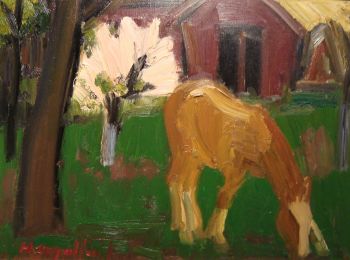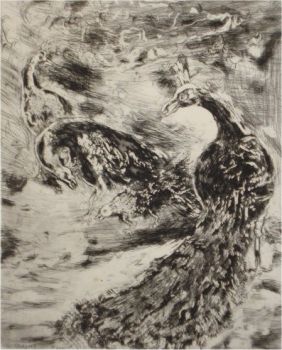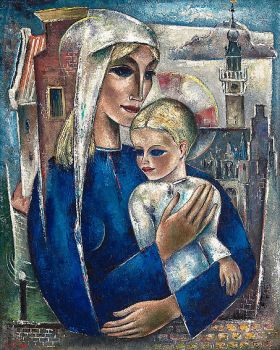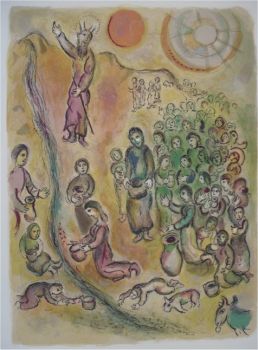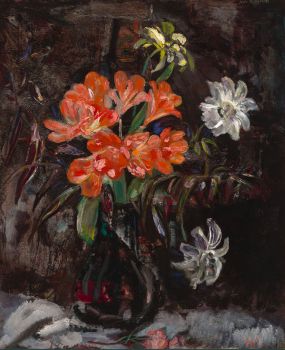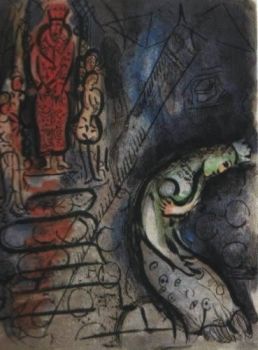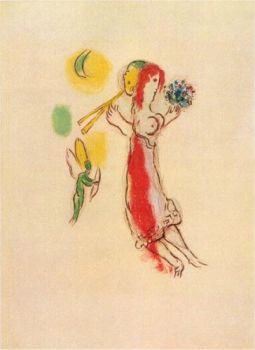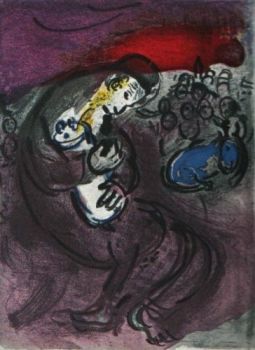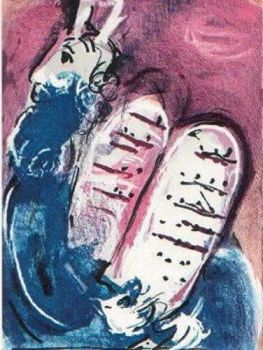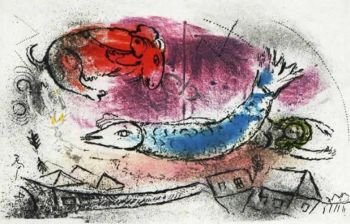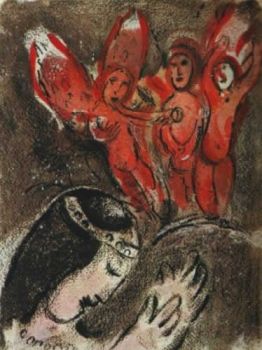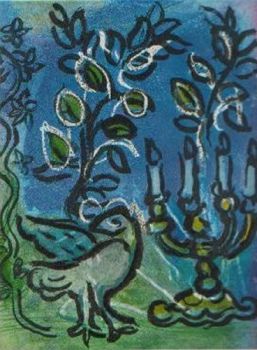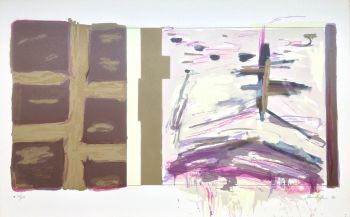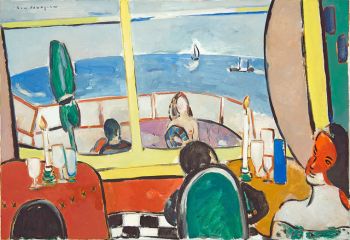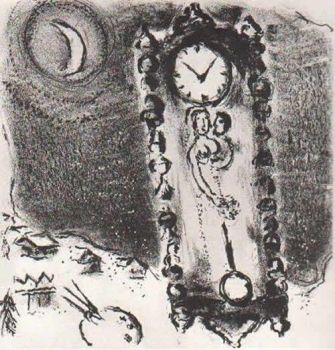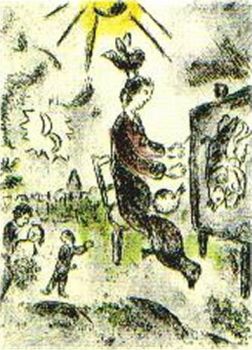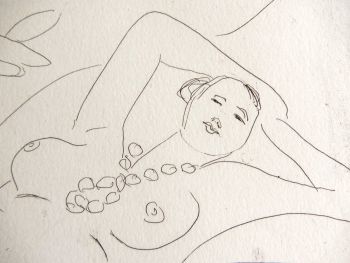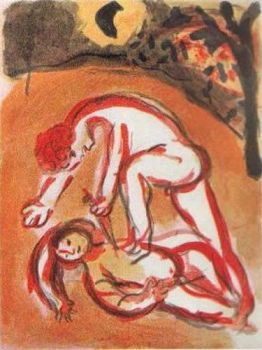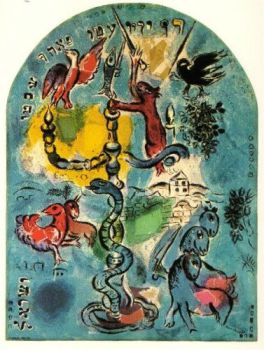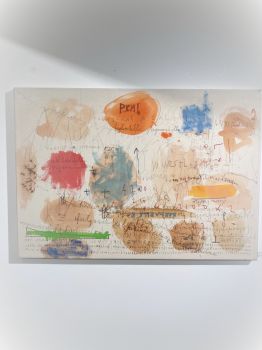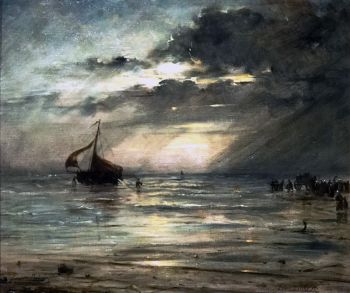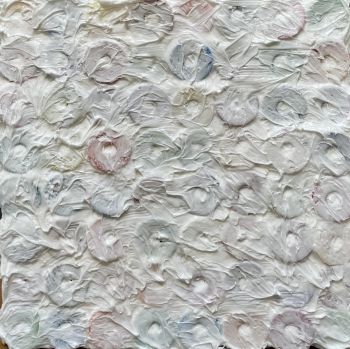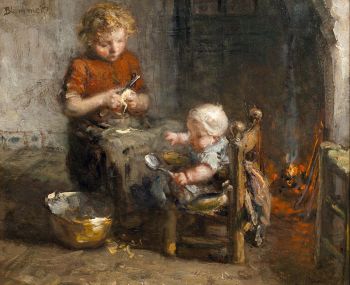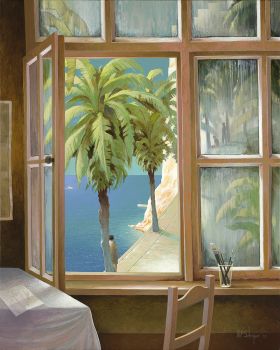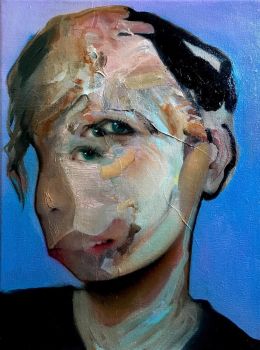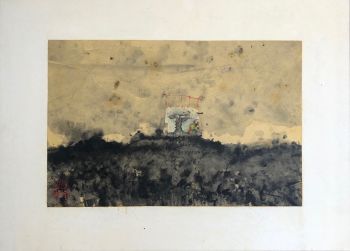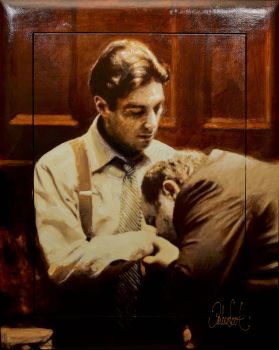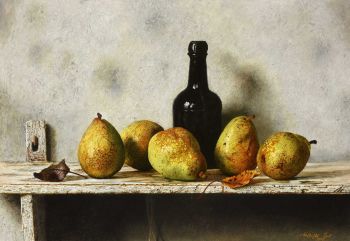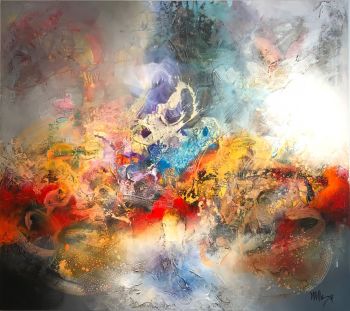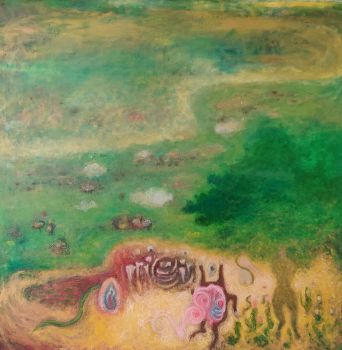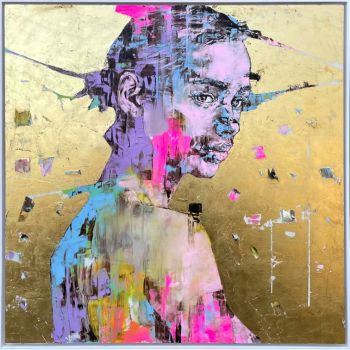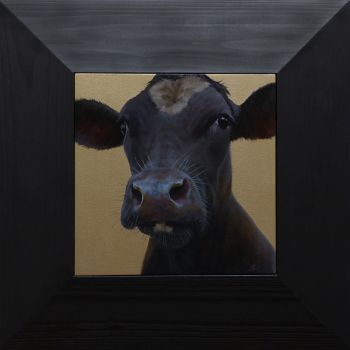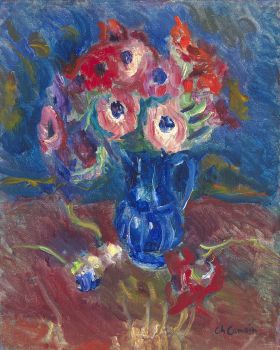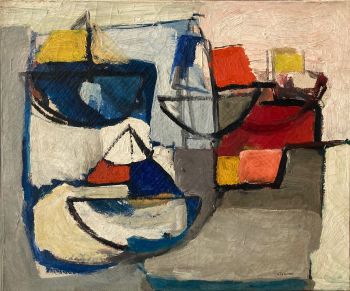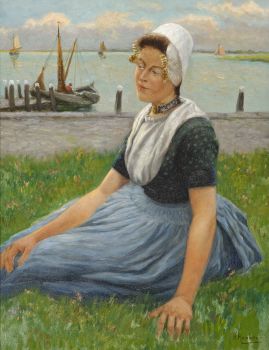About the artist
Otto Boyer (21 June 1874, Gelsenkirchen – 30 December 1912, Jena) was a German genre painter and writer known for his evocative depictions and literary contributions.
Born to an engineer, also named Otto Boyer, he pursued his artistic studies at the Kunstakademie Düsseldorf, where he enrolled in 1894 and studied until 1902. Initially trained under Heinrich Lauenstein, Boyer later advanced to the master class led by renowned painter Eduard von Gebhardt. His artistic development was enriched by extensive study trips throughout the Mediterranean, Near East, and the Caucasus. In 1906, he gained international recognition when he participated in the National Exhibition of Fine Arts in Madrid, earning the prestigious Civil Order of Alfonso XII.
Boyer was actively involved in Düsseldorf's artistic community as a member of the progressive artists' society Malkasten and the Freie Vereinigung Düsseldorfer Künstler [de]. From 1909 to 1911, he was a regular participant in the intellectual and artistic discussions at the Rosenkränzchen (Rosary), a popular wine bar in Düsseldorf's old town, where artists and writers gathered.
His final residence and studio were located in the Oberkassel district of Düsseldorf, which he later passed on to fellow painter Adolf Münzer when he relocated to Weimar. In Weimar, Boyer lived with the sculptor Hugo Lange and became involved in the local literary scene.
Tragically, Boyer died in 1912 at the age of thirty-eight under circumstances that were not publicly disclosed. His remains were cremated and placed in a columbarium in Jena. His close friend, the novelist Wilhelm Hegeler, delivered the eulogy at his memorial, while his estate was handled by the Deutsche Schillerstiftung.
Aside from his visual art, Boyer authored a novel titled Fuegos Fatuos: Fragment aus dem Leben eines fantasierenden Müßiggängers (Will-o'-the-Wisps: A Fragment from the Life of a Fantasizing Idler), published by Verlag von Schmitz und Olbert in 1910. The novel remains untranslated and has not been reissued.


